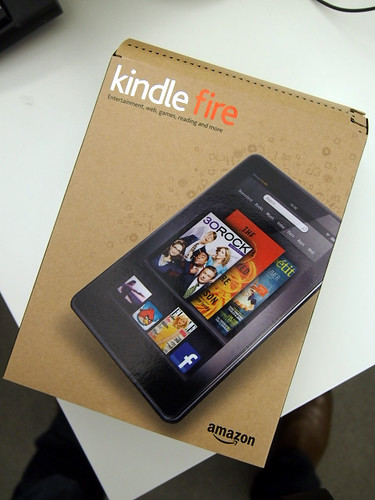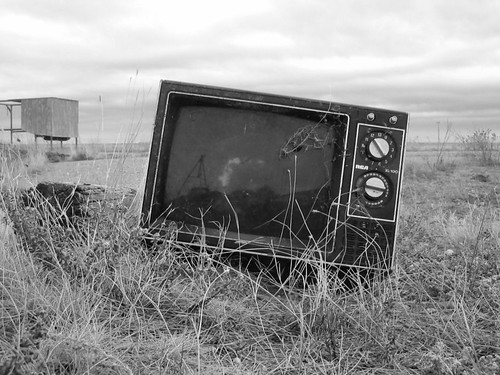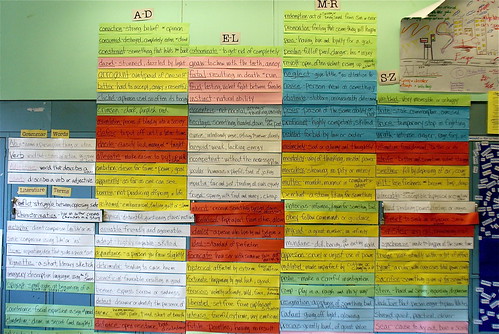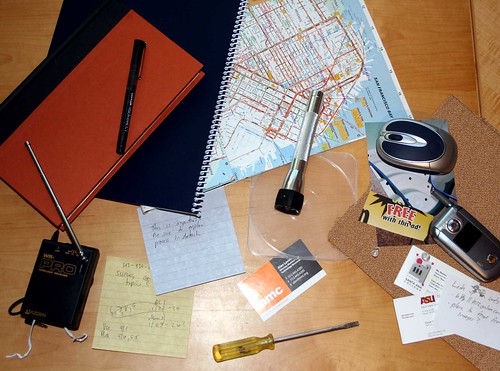 |
| Courtesy of Pierre Lecourt via Flickr |
But the $150 price tag for a Kindle Fire was too hard for me to resist. I bought one on the release day as a birthday present to myself. It seemed like a low-risk way to give eReaders a try and start getting in touch with one of the hottest literary trends out there now, eBooks. And I am surprised to say that I like my Kindle Fire. I like it a lot. So what do I like about it?
- Free Books – This has to be (by far) the best thing about the Kindle Fire. Every day, Amazon (in cooperation with the authors and publishers) has literary classics available for downloading as well as a selected list of eBook versions of popular books. They may only be free for a couple of days, or somewhat longer, but there is always a variety of free books for any reading interest. Some of these books are only available on the Kindle in an eBook format, while others are free books to introduce readers to a new author or series of books. Every day Kindle lists the Top 100 Free Books. I’ve downloaded over 250 free books so far and have been happy with the quality and value of the information in most of them so far.
- Highlighting and Note Taking – For books in my personal collection, I’ve always had this obsessive need to keep them neat and unmarked. With the Kindle’s feature that allows you to take notes and highlight passages, this becomes an easy way to track important info or review your thoughts as you read through a book.
- Games – A guaranteed time waster for a writer, but I LOVE playing Words with Friends on my Kindle.
- Internet Browsing – This is pretty smooth for a portable device despite the difficulty of entering text quickly into the search or address windows.
- Netflix – With a decent wireless connection, video content is easily watchable and fun.
- Free Apps – Every day Amazon features a new application that you can download for free. Most of the offerings are free games, but some of them have been very nice commercial applications (such as Documents-to-Go). It is fun waking up each morning to see what the free app of the day is.








